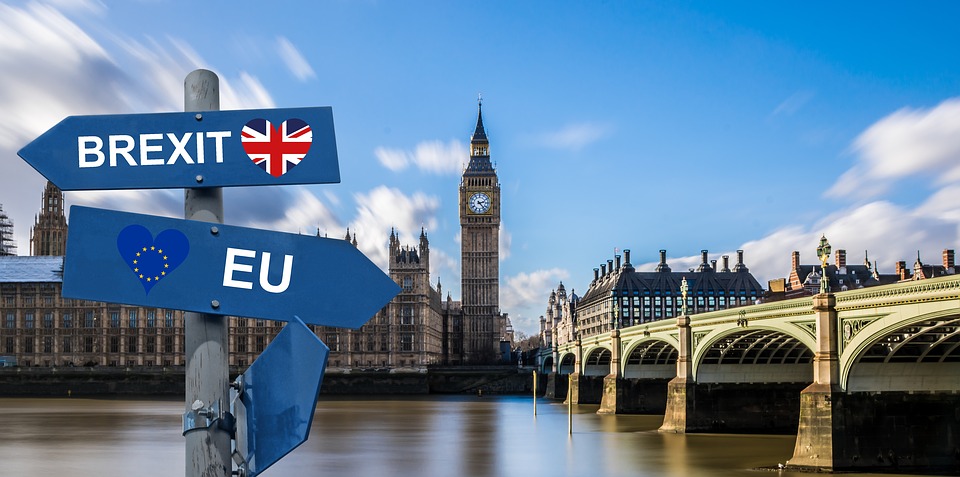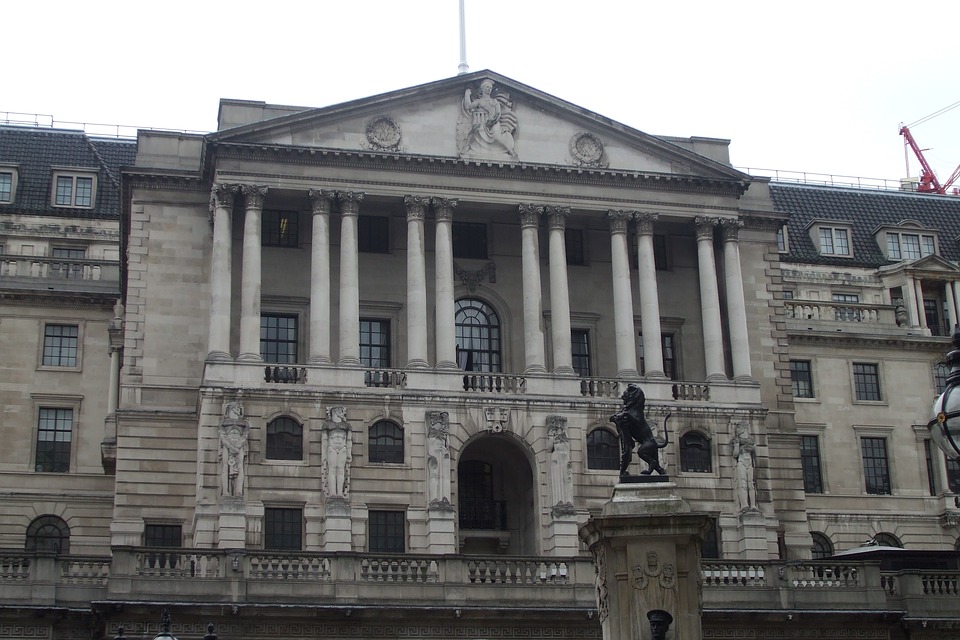UK economy grew at its slowest annual pace in nearly a decade during the three months to September as the global slowdown and Brexit worries hit manufacturing and business investment, official figures showed on Monday.
While the economy dodged outright recession, the rebound in quarterly growth was smaller than expected.
Output fell in August and September – when Britain looked at risk of leaving the European Union without a transition deal.
A month before an early election, finance minister Sajid Javid hailed what he called “solid” growth figures, a view challenged by the opposition Labour Party.
“The fact that the government will be celebrating 0.1% growth in the last six months is a sign of how low their hopes and expectations for our economy are,” Labour’s top finance official John McDonnell said.
Economists said ongoing political uncertainty and a weak global backdrop could prompt the Bank of England to cut interest rates next year, even if Prime Minister Boris Johnson passes his Brexit deal before a new Jan. 31 deadline.
“Narrowly avoiding a recession is nothing to celebrate,” said Tej Parikh, economist at the Institute of Directors. “The UK economy has been in stop-start mode all year, with growth punctuated by the various Brexit deadlines.”
Annual gross domestic product growth fell to 1.0% in the third quarter from 1.3% in the April-June period, the Office for National Statistics said, its lowest since early 2010.
This was weaker than the euro zone, which grew by 1.1%.
The quarterly growth rate recovered to 0.3% after contracting 0.2% in the three months to June when businesses wrestled with an overhang of raw materials stockpiled before the original Brexit deadline in March.
But it was a weaker rebound than the 0.4% growth predicted by the BoE and private sector economists.
BOE RATE CUT?
Britain’s economy has lost momentum since the 2016 Brexit referendum, before which it typically grew more than 2% a year.
Last week the BoE nudged up its growth forecast for 2019 to 1.4% from 1.3%. This would be the same growth rate as last year and the weakest since the financial crisis. For 2020, the BoE expects a slowdown to 1.3%.
Two BoE policymakers voted to cut rates last week and others could follow if growth remains weak and uncertainty persists about the longer-term trade ties between Britain and the EU.
“The BoE forecasts an investment rebound if a Brexit deal removes no-deal risk but we think this is optimistic,” said Nancy Curtin, chief investment officer at Close Brothers.
Business investment held steady in the third quarter but dropped by 0.6% on the year, the ONS said.
Manufacturing output fell more than expected, down 0.4% on the quarter and 1.8% on the year.
Household spending, which has been more resilient than business investment, due to low unemployment and rising wages, rose by 0.4% on the quarter. Government spending grew by 0.3%.
Editing by William Schomberg and Ed Osmond
Source: UK Reuters


